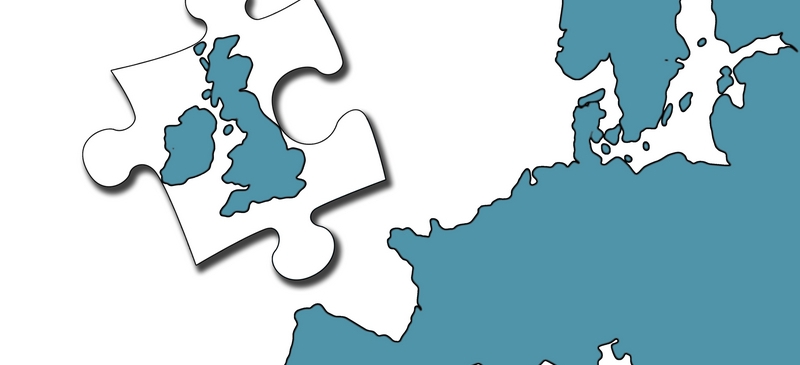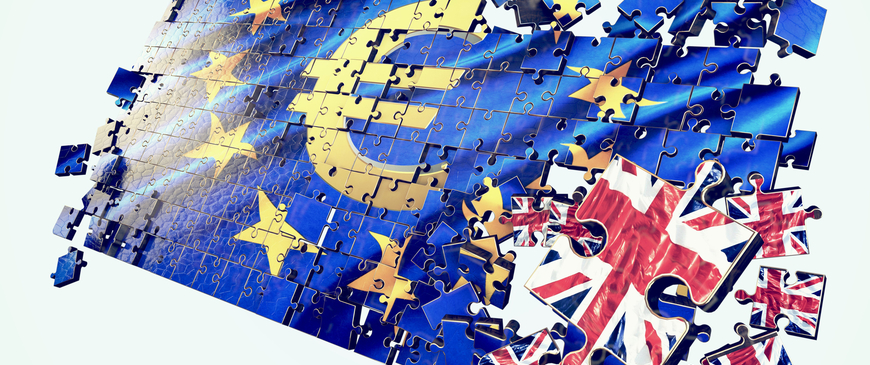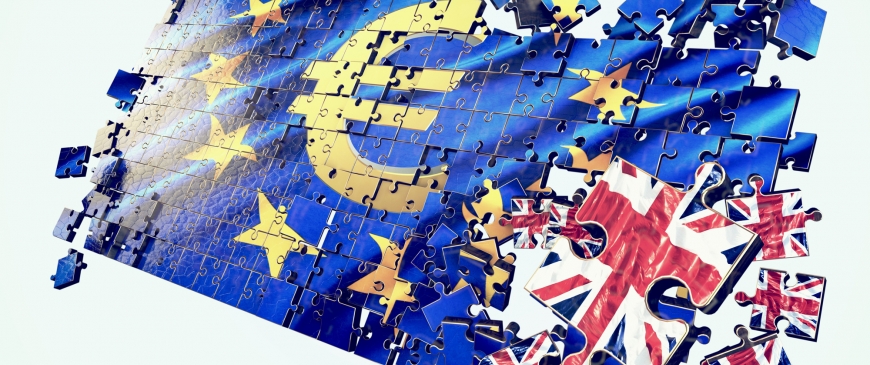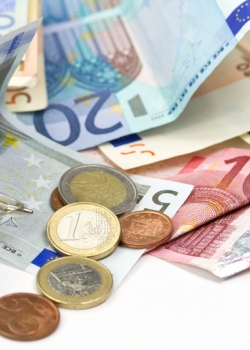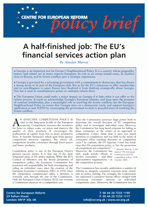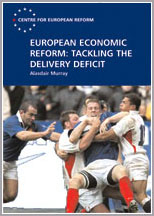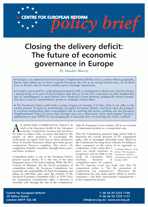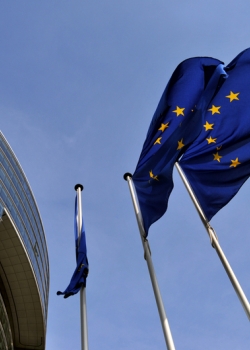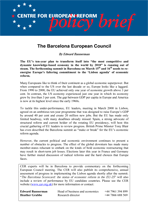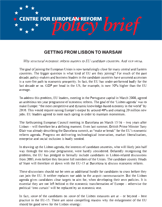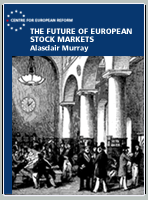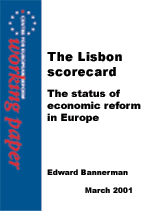The single market & competition policy
Issue 27 - 2002
29 November 2002
- The EU's budget: Time to go back to basics , Friedrich Heinemann
- A credible competition process , Alasdair Murray
- Why Europe does not need a new president , Peter Sutherland
A half-finished job: The EU’s financial services action plan
01 November 2002
At the Lisbon summit in March 2000, EU heads of government signed up to an ambitious programme designed to achieve a viable single market in financial services by 2005. The financial services action plan (FSAP) is an attempt to reduce the legal obstacles which still prevent businesses – whether retail...
European economic reform: Tackling the delivery deficit
04 October 2002
The EU has set itself a series of ambitious economic reform goals but has so far failed to deliver on its promises. Alasdair Murray argues in this report that the Convention on the future of Europe and the forthcoming inter governmental conference provide an opportunity for the EU to think afresh about how it can overcome the institutional obstacles to economic reform.
New rules for capital markets
01 August 2002
The fallout from the Enron and WorldCom corporate scandals in the United States will resonate through global securities markets for years to come.
Reforming the commission
01 August 2002
The fallout from the Enron and WorldCom corporate scandals in the United States will resonate through global securities markets for years to come.
Issue 25 - 2002
26 July 2002
- Don't create Eastern Eurosceptics, Heather Grabbe
- New rules for capital markets, Alasdair Murray
- Reforming the commission , Alasdair Murray
Issue 24 - 2002
31 May 2002
- A 'competence catalogue' is code for protectionism, Ulrike Guérot
- Europe's future is in Ireland's hands , Daniel Keohane
- Playing the European game , Antonio Missiroli
The Barcelona scorecard: The status of economic reform in the enlarging EU
03 May 2002
Only a new 'High Representative for Economic Policy' can ensure the EU meets its 2010 target of becoming "the most dynamic and competitive knowledge-based economy in the world".
Closing the delivery deficit: The future of economic governance in Europe
03 May 2002
The EU has set itself a series of highly ambitious economic goals to fulfil in the next decade. Eurozone countries are committed to ensuring the longterm health of the single currency, which will mean further economic integration. The Union will need to incorporate successfully at least ten dynamic but diverse...
Issue 23 - 2002
29 March 2002
- Restoring leadership to the European council , Charles Grant
- The EU needs a flexible pact , Alasdair Murray
The Barcelona European Council
01 March 2002
The EU's ten-year plan to transform itself into "the most competitive and dynamic knowledge-based economy in the world by 2010" is running out of steam. The forthcoming summit in Barcelona on March 15 and 16 needs to reenergise Europe's faltering commitment to the 'Lisbon agenda' of economic reform.
Getting from Lisbon to Warsaw
18 February 2002
The goal of joining the European Union is now tantalizingly close for many central and Eastern countries. The bigger question is what kind of EU are they joining? For much of the past decade, policy-makers and business leaders in the candidate countries have assumed accession is a sure-fire path to economic prosperity.
The future of EU competition policy
01 February 2002
This report calls for a radical rethink of how competition policy is run. The author argues for a new 'European Competition Agency' to take the politics out of merger and anti-trust investigations.
Breaking the EU's competition monopoly
01 February 2002
As the EU's competition chief, Mario Monti can make or break the world's biggest companies. The exercise of his wide-ranging powers is always controversial. Last summer, he blocked the planned 50 billion euro GE-Honeywell merger.
Issue 22 - 2002
25 January 2002
- Breaking the EU's competition monopoly, Edward Bannerman
- The long road to Doha , Richard Cunningham and Peter Lichtenbaum
- Europe must get on-message , Gareth Harding
Policing global competition
01 August 2001
The fall-out from the European Commission's decision to veto the proposed $42 billion merger between General Electric and Honeywell shows how competition policy is becoming politicised.
Issue 19 - 2001
27 July 2001
- Policing global competition, Edward Bannerman
- France, Germany and "hard-core" Europe, Charles Grant
- Speeding up European justice, Matthew Heim
The future of European stock markets
04 May 2001
Alasdair Murray look at how the absence of a single market in equities within the EU increases the cost of capital and restricts Europe's ability to close the economic gap with the United States.
The Lisbon scorecard: The status of economic reform in Europe
02 March 2001
It will be left to future historians to appreciate fully the significance of the Lisbon Summit of March 2000 in the economic evolution of Europe. But it is already possible to argue that its impact could be even more farreaching than that of the euro.
Making Lisbon work in Stockholm
01 February 2001
Even by the standards of the EU's often optimistic policy aspirations, the decade-long economic reform process initiated at the Lisbon summit last March represents an ambitious programme.
The distinctive feature of the Lisbon conclusions is not the pledge of EU leaders to create "the most competitive and dynamic knowledge...
The distinctive feature of the Lisbon conclusions is not the pledge of EU leaders to create "the most competitive and dynamic knowledge...


